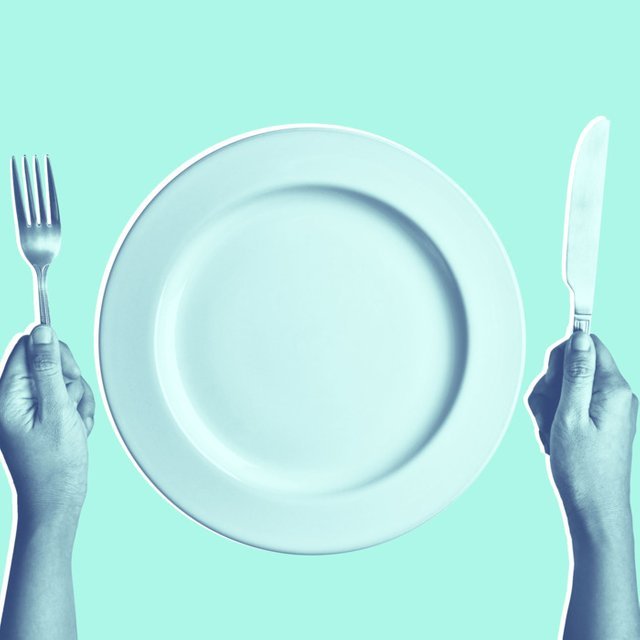saving

Fasting isn't the same as starvation because of the voluntary control that's involved. Starvation is an involuntary abstention, whereas when you fast you can choose to stop and start eating again at any time.
People might choose to fast voluntarily for a number of reasons, whether they be for spiritual reasons, or health concerns etc. But the individual is choosing to go into that fasting mode; it's quite different from starvation in that sense.
Comparing the two, fasting and starvation, might be akin to the difference between someone who is swimming for recreational purposes, and someone who is swimming to get away because a shark is chasing them. Voluntary control makes a difference and sets this action of fasting apart from starvation.
Any amount of time that you aren't eating you're fasting.
And if you haven't eaten in only a few hours, you could hardly be starving. Fasting could last for 10 mins, a few hours, days, or longer. You can stop any time and start eating again whenever you want.
In our lives we will consume tens of thousands of meals and to imagine that skipping only a few, that it might be considered starvation or an act that might be harmful, seems rather absurd to consider. We have stored fat for a reason, it gives us energy for the long term even if we skip a few meals.
Fasting has been practiced by millions of people for thousands of years and is suggested to be associated with a variety of health benefits including increased energy, promoting longevity, lowered risk of coronary heart disease, lowered blood pressure, and more.
On the other hand, there is arguably no correlation to be seen between good health and unchecked, constant eating. Given how many millions are suffering from one illness today or another, it's not surprising that interest surrounding fasting and intermittent fasting has continued to climb, with fasting becoming an increasingly popular dietary therapy that many are personally opting for.
Pics:
Pic1
pic2
pic3
The information that is posted above is not intended to be used as any substitute for professional medical advice, or diagnosis or treatment. The above is posted for informational purposes only.